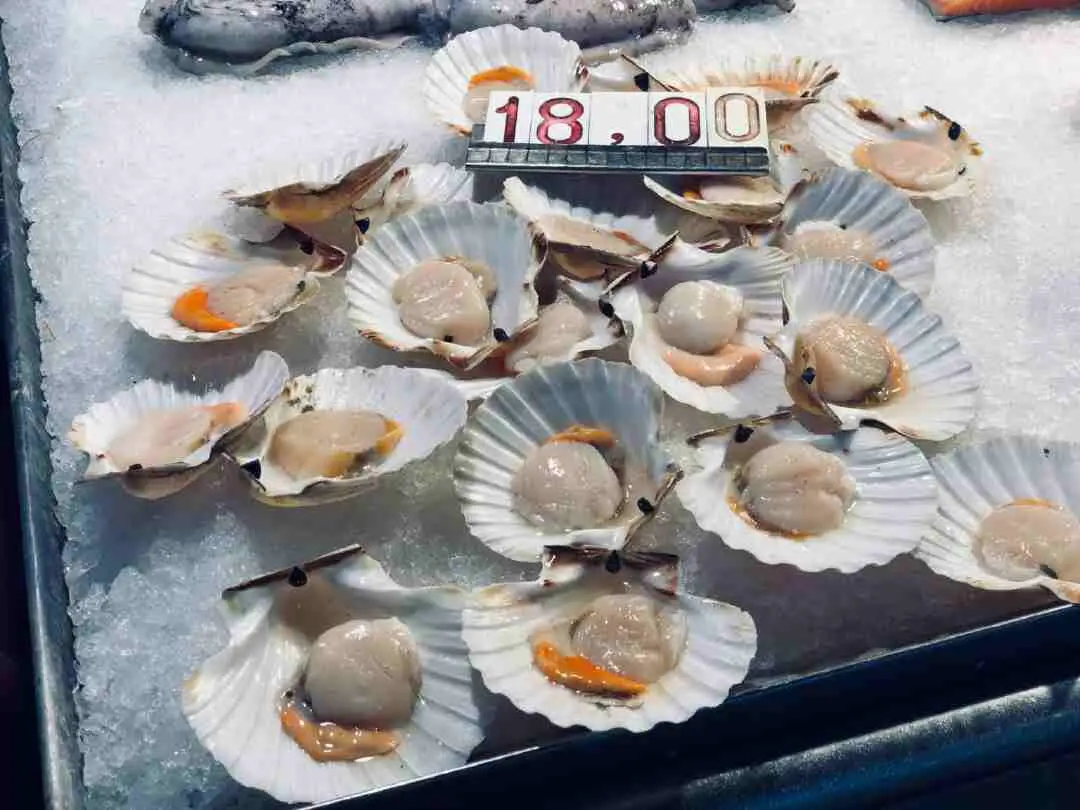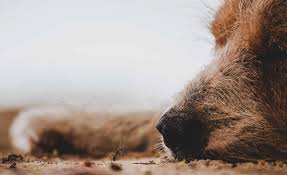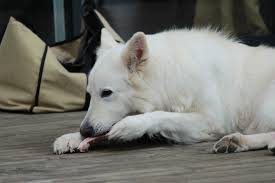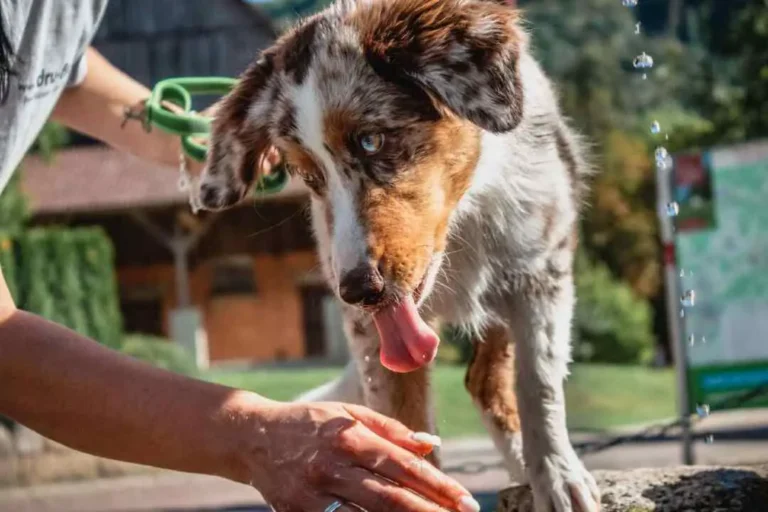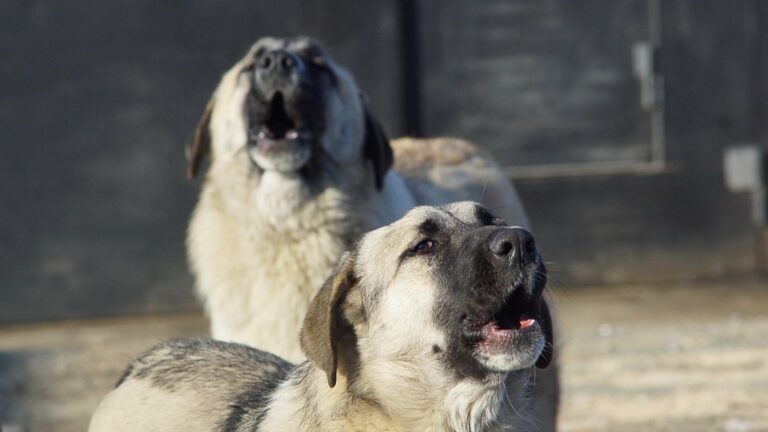Can Dogs Eat Scallops? Read Before You Feed!
Humans need variety in our daily food. Hence we look for innovation and yummy taste in food items. The same is applicable for dogs too. Hope you notice this frequently that your dog gets tempted whenever you open a new food wrapper in front of him. However, we have a responsibility to make sure that such delicious foods are healthy for a dog. The most common foods which meets this requirement are Seafood. Let’s see whether it is good for dogs to eat cooked or raw scallops.
Facts about scallops
Scallops are saltwater clams or marine bivalve mollusks that can only be found in seawater. Scallops are found in over 400 different species all over the world!
They are brightly colored, symmetric, and have fan-shaped shells, which have long been utilized as motifs in art and architecture. Many scallop species are regarded as a food source, and some are produced as aquaculture.
When they detect the presence of a predator, such as a starfish, they may try to flee by swimming quickly through the water utilizing their jet propulsion generated by rapidly slapping their shells together.
Scallops have an advanced neurological system compared to other bivalves. All scallops have a ring of eyes around their mantle’s edge.
Can dogs have scallops?
Scallops are tasty marine eatables that both people and dogs like. Finely cooked scallops may be devoid of dangerous bacteria and undesirable fatty acids that are commonly found inside the scallop shell.
According to the ASPCA, dogs can eat scallops in a cooked manner and other cooked seafood such as mussels, shrimp, and lobster.
Just remember to limit yourself to feed one or two instead of a whole platter of them to your dog.
What are scallops good for?
Scallops are leaner than other red meats like pork. Scallops are high in nutritious content, which we may pass on to our canine companions.
- Magnesium
- Potassium
- Protein
- Phosphorus
- Vitamin B12
- Selenium
- Zinc
Magnesium, in particular, aids in the absorption of vitamins and minerals and promotes a healthy immune system and strong bones in your dog.
Potassium is beneficial to overall health, but it is especially beneficial to nerve function.
Protein helps to create and maintain a strong muscular system.
Phosphorus is an essential component for the formation of bones and teeth. Potassium can aid in the prevention of osteoporosis and kidney stones.
They are also high in omega-3 fatty acids, which help dogs maintain healthy coats and skin as well as improve general health, energy, and well-being.
Things to note before feeding scallops to your dogs
A dog’s digestive system usually passes scallops or any other meal in 7 to 10 hours. As a result, we should investigate the nature of the meal before feeding it to your canine.
Quality
Just with oysters, you have to be very careful about where they come from. Because scallops are filter feeders, they may readily pick up germs and other pollutants if they reside in a dirty environment. As a result, the quality of the scallops is important before preparing them for dogs.
Raw scallops are hazardous
AAFCO have suggested some points to remember before feeding your dog with any raw food. Raw scallops provide a significant risk of germs or parasites such as Salmonella, listeria, roundworms, and tapeworms. If your dog is fed raw, this might immediately impact his stomach and lead to the issues listed below.
- Digestive Upset
- Diarrhea
- Vomiting
Avoid Fried and flavoured scallops
Fried scallops, due to their high fat content, are likewise not suitable for your dog. Consuming fried scallops in dogs can cause pancreatitis in the long run, but it can also cause gastrointestinal discomfort in the short run.
When it comes to feeding fried scallops to a dog, flavoring might be a problem. Aside from the fact that they are fried, they may also be cooked with anything that is not suitable for canine eating, such as butter, salt, or spice. Butter is a dairy food, and most dogs digest lactose poorly, causing diarrhea.
High salt levels in dogs can cause several problems, including frequent urination and excessive thirst. Spices like paprika can cause digestive and skin discomfort in dogs. None of these things belong to a dog’s diet.
Can Puppies Eat Scallops?
A puppy’s stomach is more sensitive, it is not recommended that they consume more scallops or other unusual dog food. It’s definitely better to just stay with a vet-approved nutritious and well-balanced dog food. However, feeding one or two cooked scallops as a rare treat is not harmful.
How to Feed Scallops to Your Dogs?
Scallops should not be regularly fed to your dog.
Shellfish is still a relatively frequent allergy in dogs. After feeding scallops to your dog, you must keep an eye out for any bad consequences. Any symptoms, such as diarrhea or vomiting, should be reported to a veterinarian.
Some of the breeds that are prone to allergies are listed below:
- Dalmatians
- Poodle
- Pug
- Shar Pei
- Lhasa Apso
- Boxer
- Golden Retriever
- Shih Tzu
- Labrador Retriever
- West Highland White Terriers
- Staffordshire Bull Terriers
- Irish Setter
- English Setter
However, if you want to offer your dog a small treat sometimes or you like to add variety to your dog’s diet occasionally, this may be a suitable alternative. Steaming and boiling are effective cooking methods that use less oil.
Before feeding a scallop to your dog, be certain that the shell has been fully removed. Eating raw scallops with shells can harm your dog’s digestion and provide a choking hazard.
Other alternative seafood for dogs
If your dog is most allergic to scallops but you like your dog to be fed with any healthy seafood then you could look at the below options.
- Cooked Fish
- Salmon (Cooked)
- Sardines
- Herring and Anchovies
- Krill Oil
- Seaweed
Conclusion- Dogs can eat cooked scallops
Cooked scallops are a healthful and tasty treat to give to your dog. If you don’t cook them or add extra ingredients, you should have nothing to worry about while feeding them in moderation!
Credit: Photos by Gianluca Milanesi from Unsplash and Anrita from Pixabay.
